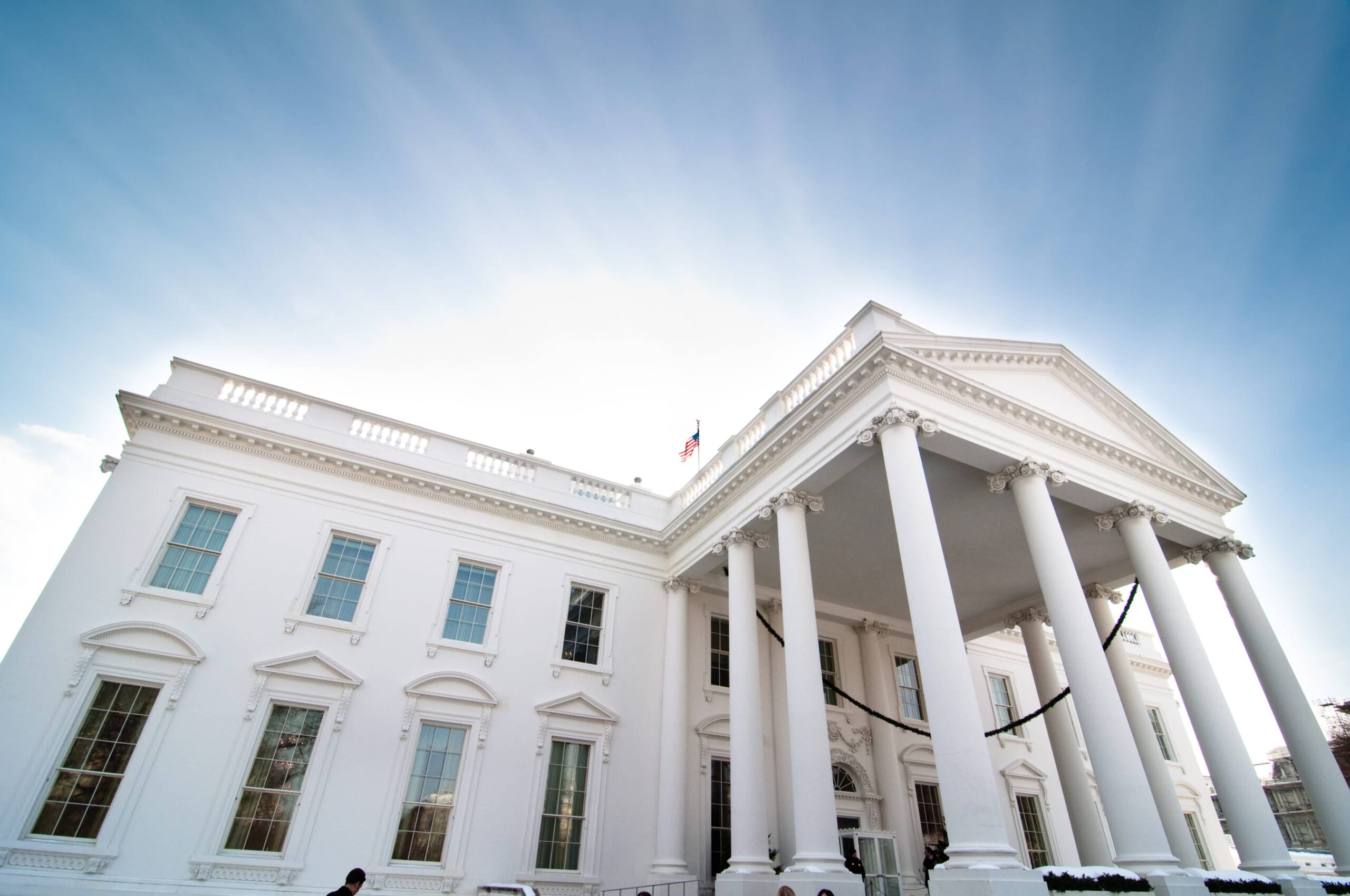
White House Director Talks Cannabis and Drug Injection Sites
The first physician to hold the position of Director of the Bureau of National Drug Policy, Dr. Rahul Gupta recently spoke to the Financial Times about how they plan to tackle the ongoing opioid crisis. “For the first time in history, the federal government is taking on specific harm reduction policies,” Gupta said.
More than 107,000 Americans died from drug overdoses in 2021, according to the Centers for Disease Control and Prevention. Two-thirds of these deaths were attributed to fentanyl overdose.
In May, the Biden administration announced it would allocate $1.5 billion to a state Opioid Response grant funding opportunity (a follow-up to President Biden’s promise in his State of the Union statement).
“Currently, less than one in 10 people in the United States who need addiction help gets it. That’s why President Biden released a national drug control strategy to tackle the overdose epidemic by tackling its root causes: untreated addiction and drug trafficking,” Gupta said in May. “Today, we are delivering important parts of our strategy through this new funding, which will expand access to drug use disorder treatment and prevent overdoses, while we also work to reduce the supply of illicit drugs in our communities and disrupt drug trafficking.”
Harm reduction and surveillance policies have been introduced in some regions of Europe and Australia, but progress in the US is being stymied by lawmakers who believe it would only encourage drug abuse and access to drugs.
While the country’s first two monitored drug injection sites opened in New York in November 2021 to prevent overdoses, an appeals court ruled in January that the sites are illegal under federal law. “The Department supports efforts to stem the opioid crisis that is devastating this country, but injection sites are not a solution,” Acting Attorney General Jeffrey A. Rosen said. “There are more productive ways to combat substance abuse and today’s ruling by the Third Circuit confirmed these sites are illegal and therefore not the answer.”
According to Gupta, the solution to whether or not these injection sites should be closed would be based on “scientific knowledge, data and available evidence.” Additionally, he believes science will also drive the White House’s approach to cannabis legalization. “We learn from these conditions [with legalization]. We’re monitoring the data and trying to see where things are going. But one thing is very clear, and the President was aware of it. The policies we had on marijuana didn’t work,” Gupta said.
Prior to his appointment to the Office of National Drug Control Policy, Gupta was an advisor to a multi-state cannabis company called Holistic Industries (the same company that makes Jerry Garcia’s cannabis brand, Garcia Hand Picked).
In testimony released June 15, Gupta expressed the importance of action. “Every life is precious and worth saving,” Gupta wrote. “If this strategy is implemented as intended, over the next three years we could save 164,000 lives and help tens of millions of people receive treatment and get on the road to recovery. The President and I are committed to making this happen because American lives depend on it.”
Although President Biden said he supports medicinal cannabis, he has taken no action to legalize it. However, he signed an infrastructure law in November 2021 that allows researchers to use commercial cannabis instead of state-grown cannabis when conducting studies. Most recently, Biden declared methamphetamine an “emerging drug threat.”

Post a comment: